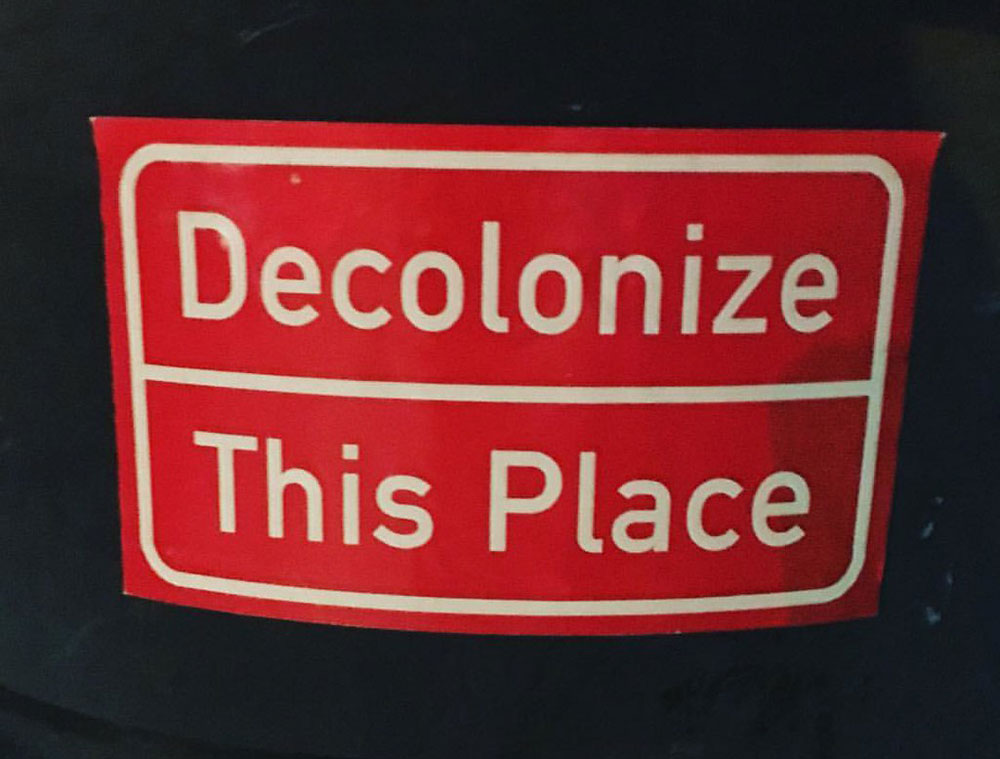
August 13, 2019; ArtNet
NPQ recently reported on the resignation of Warren Kanders, whose company Safariland manufactures tear gas, from the vice-chair position for the board of the Whitney Museum after a protracted multi-stakeholder campaign associated with the Decolonize this Place movement. ArtNet points out this hardly puts a button on this issue, as there remain plenty of societal malefactors who see social, political, and business value in sitting on the boards of prestigious cultural institutions. Eileen Kinsella and Rachel Corbett write that:
There is no shortage of potential targets: The anti-climate-science David Koch is a trustee emeritus of the Metropolitan Museum (with his name on the fountain out front), while David M. Rubenstein, whose wealth is linked to the fighter jets used in the slaughter of Yemeni civilians, donated $10 million to the Smithsonian’s National Museum of African American History and Culture and sits on the Smithsonian’s Board of Regents. New York magazine went so far as to put out a list last week of the “Most Toxic Museum Boards.”
The challenge forces the question on a very old and very traditional business model that includes “patrons” as major sustaining forces.
“Museums depend heavily on philanthropy,” says Komal Shah, a trustee of the San Francisco Museum of Modern Art and Tate Americas. “How do they start dissecting what’s okay and what’s not in terms of their policies? There’s no black and white. Since I come from the tech world, I’m wondering if at some point Google or Facebook was deemed evil, do museums stop taking their money? And what is considered evil? How do you really define?”
Sign up for our free newsletters
Subscribe to NPQ's newsletters to have our top stories delivered directly to your inbox.
By signing up, you agree to our privacy policy and terms of use, and to receive messages from NPQ and our partners.
Apparently, many museums are beginning to ask themselves just that—albeit very quietly and behind closed doors. After all, there is always the chance some donors will grow increasingly worried about the company they are seen to keep around such tables.
“If you’re complicit with someone who is involved in what seems to be a criminal or monstrously unethical enterprise, I don’t think it’s a good idea to help that person launder their reputation,” said Nion McEvoy, a trustee of the San Francisco Museum of Modern Art and former trustee of the Smithsonian American Art Museum.
Tim Schneider, another writer at ArtNet, has speculated that museums’ adoption of a set of moral principles for donor screening may end up being an attractor to new donors who worry about reputational capital.
For now, however, it is clear that Kanders’ resignation has been merely one stop on the road for activist group Decolonize this Place. In a post on Hyperallergic, they write, “We celebrate this win, and we acknowledge the work of everyone who contributed to this outcome over the course of eight months of organizing and action.” But, placing it in context, they add, “We see the removal of Kanders as one step in an ongoing project of decolonization. This project includes the Whitney and the broader art system itself, but necessarily exceeds both.”—Ruth McCambridge












